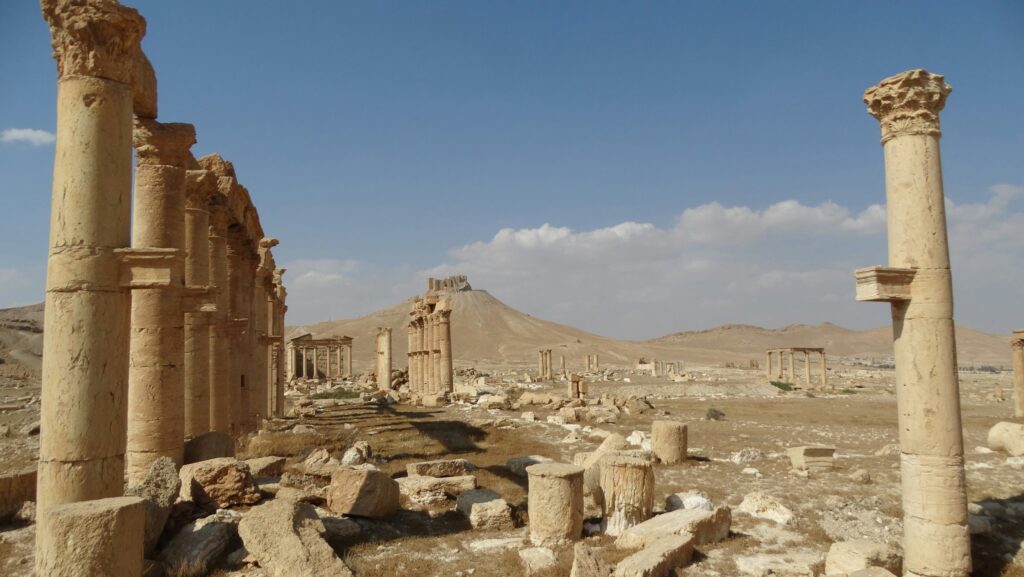Syria is set to form a new government on March 1, following an announcement by the country’s interim foreign minister on Thursday. This transition is part of the broader international efforts to stabilize Syria after the fall of Bashar al-Assad’s regime.
The announcement came after a significant conference in Paris, which brought together several Western and Arab nations, all pledging to support Syria’s reconstruction and its political transition. This event, organized by the French government, was aimed at facilitating Syria’s future as it navigates the post-Assad era. The Paris Conference was the third such meeting, with previous discussions held in Jordan and Saudi Arabia after Assad’s regime collapsed.
A New Chapter for Syria
One of the main outcomes of the conference was the signing of a declaration by several nations, underscoring their commitment to supporting Syria’s post-Assad transition. The declaration emphasizes the importance of a Syrian-led process, meaning the country will guide its own political future, with the support of the international community. This pact was signed by a coalition of nations, including Syria, Turkey, Lebanon, France, Germany, Italy, Greece, and members of the G7, such as Canada and Japan.
Although a U.S. representative attended the conference, the United States did not sign the declaration. Despite this, the declaration marked a significant shift in global attitudes toward Syria’s transition.
EU’s Role in Syria’s Reconstruction
French Foreign Minister Jean-Noel Barrot confirmed that the European Union is working toward lifting sanctions on the Assad regime, acknowledging that these sanctions have been a barrier to Syria’s recovery. “These sanctions should no longer be an obstacle to Syria’s recovery and reconstruction,” Barrot stated. The EU’s decision to reevaluate sanctions is seen as a step forward in encouraging the country’s rebuilding process.
In addition to focusing on reconstruction, the declaration also highlighted the importance of supporting Syria’s new government in combating extremism and preventing the resurgence of terrorist groups. French President Emmanuel Macron emphasized that tackling terrorist organizations, including ISIS, remains a top priority for the international community.
Macron urged Syria’s transitional government to actively engage in counterterrorism efforts, working alongside the global coalition that has long been focused on neutralizing extremist threats in the region.
A Complex Transition Ahead
Syria’s interim leader, Ahmed al-Sharaa, who has links to rebel groups previously associated with al-Qaeda, reassured international leaders that he has severed ties with jihadist organizations. This clarification was crucial as the international community is closely monitoring the transitional leadership to ensure the country does not fall back into the hands of extremist factions.
The declaration stressed the need for a government that truly represents all sectors of Syrian society, including the diaspora. Syrian Foreign Minister Asaad Hassan al-Shibani, who attended the conference, assured the gathering that the new government, set to take shape on March 1, would be inclusive and reflect the country’s diversity. This inclusive approach is seen as a vital element in the long-term stability of Syria, as it seeks to reconcile various ethnic, religious, and political groups.
Humanitarian Aid and International Support
Aside from political promises, the conference also focused on humanitarian aid to Syria. French Foreign Minister Barrot announced that international donors would establish a working group under the oversight of the United Nations. This group will coordinate the flow of humanitarian assistance to the war-torn nation, ensuring that aid reaches those in need in a timely and efficient manner.
France has already pledged €50 million in aid to Syria for the year 2025, marking its commitment to the country’s rebuilding process. Other nations, including those who signed the declaration, are expected to contribute to the fund, as Syria will require vast financial and material resources to recover from years of conflict.
Ongoing Challenges in Syria’s Transition
While international support is crucial for Syria’s recovery, the country still faces significant challenges. The absence of a clear and unified vision for Syria’s future has long been a point of contention, with various factions vying for power. The involvement of external actors, including Turkey and Iran, has also complicated the situation, as their influence continues to shape Syria’s political landscape.
Despite these challenges, the signing of the declaration and the support pledged by key international players represents a crucial step in Syria’s path to recovery. The world now watches closely to see if Syria’s transitional government will be able to implement reforms that lead to a more peaceful and prosperous future.
As Syria moves forward with the formation of its new government on March 1, the international community will be closely monitoring its progress. The hope is that the country’s future will be shaped by inclusive governance, international cooperation, and sustained efforts to combat terrorism and extremism.
For more updates on Syria’s political transition and reconstruction efforts, visit Financial Mirror.
